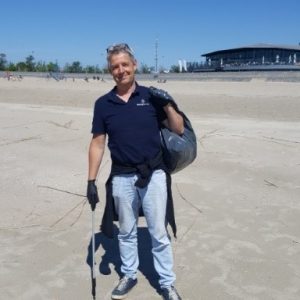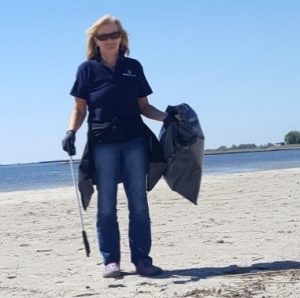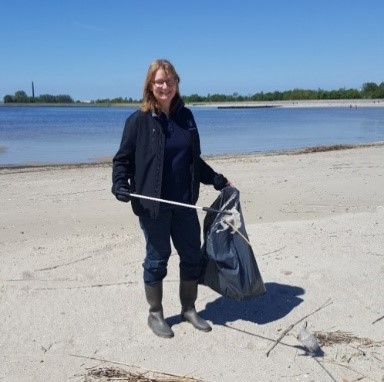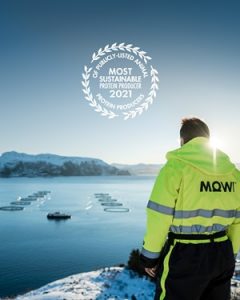
Mowi has been ranked the most sustainable protein producer for the third year in a row by the award-nominated Coller FAIRR Protein Producer Index, published December 1st.
This research, now in its fourth edition, assesses 60 of the largest listed global meat, dairy and aquaculture companies on ten environmental, social and governance themes aligned with the Sustainable Development Goals (SDGs).
Overall, Mowi scored 81 out of 100 and was rated ‘Industry Best’ against many of the criteria aligned to the SDGs, including greenhouse gas emissions, deforestation and biodiversity, use of antibiotics, animal welfare, working conditions, food safety and governance.
Speaking about Mowi’s ranking on the Coller FAIRR Protein Producer Index, CEO Ivan Vindheim said: “This shows again that Mowi is at the forefront of sustainable food production. I am proud and humbled to lead a company and an organisation that is a recognised leader in sustainable food production. Importantly, the Index highlights that aquaculture and salmon farming is part of the solution toward shifting to a green economy.”
Chief Sustainability and Technology Officer, Catarina Martins, added: “I am delighted to see Mowi’s sustainability strategy and achievements being recognised in this global rating. For three years in a row now, Mowi is considered the most sustainable animal protein producer in the world. This achievement is the result of hard work and passion for what we do every day: producing food that is good for people and good for the planet!”
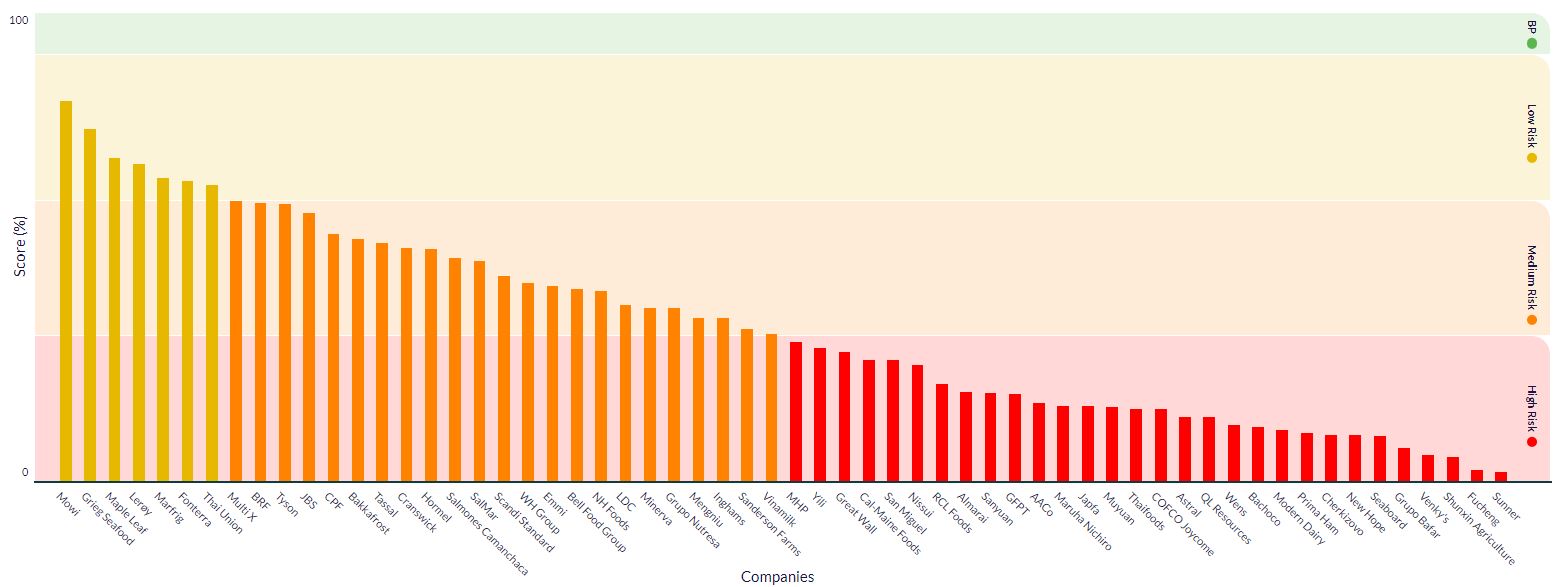
Focus on aquaculture
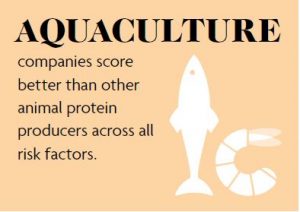 The 2021 report found that aquaculture companies, primarily salmon companies, continue to perform better than land animal protein producers on all risk factors, especially deforestation and biodiversity and antibiotics. On average, aquaculture also shows the most improvement year on year, demonstrating the sector’s focus on managing its sustainability risks versus its land-based peers. Companies headquartered in Europe are paying more attention to deforestation and antibiotic risks, making them the strongest performing region. In fact, Mowi is joined in the top five ranked companies by fellow aquaculture companies Grieg Seafood ASA and Lerøy Seafood Group ASA, both headquartered in Norway, who are ranked 2nd and 4th respectively.
The 2021 report found that aquaculture companies, primarily salmon companies, continue to perform better than land animal protein producers on all risk factors, especially deforestation and biodiversity and antibiotics. On average, aquaculture also shows the most improvement year on year, demonstrating the sector’s focus on managing its sustainability risks versus its land-based peers. Companies headquartered in Europe are paying more attention to deforestation and antibiotic risks, making them the strongest performing region. In fact, Mowi is joined in the top five ranked companies by fellow aquaculture companies Grieg Seafood ASA and Lerøy Seafood Group ASA, both headquartered in Norway, who are ranked 2nd and 4th respectively.
About the Coller FAIRR Index
The Index is designed to provide financial institutions with best-in-class data, analytics and trends on the protein sector to integrate into their investment decisions and engagement strategies and is positively shaping trends in the $1.6 trillion global protein market, by shedding light on where corporate policy or disclosure is behind the curve. It has become the go-to resource for investors to assess how well key suppliers in the food chain are managing environmental, social and governance (ESG) risks:
- Greenhouse gas emissions
- Deforestation & biodiversity
- Water use & scarcity
- Waste & pollution
- Antibiotics
- Working conditions
- Animal welfare
- Food safety
- Governance
- Sustainable proteins
Click here for more information about the Coller FAIRR Index
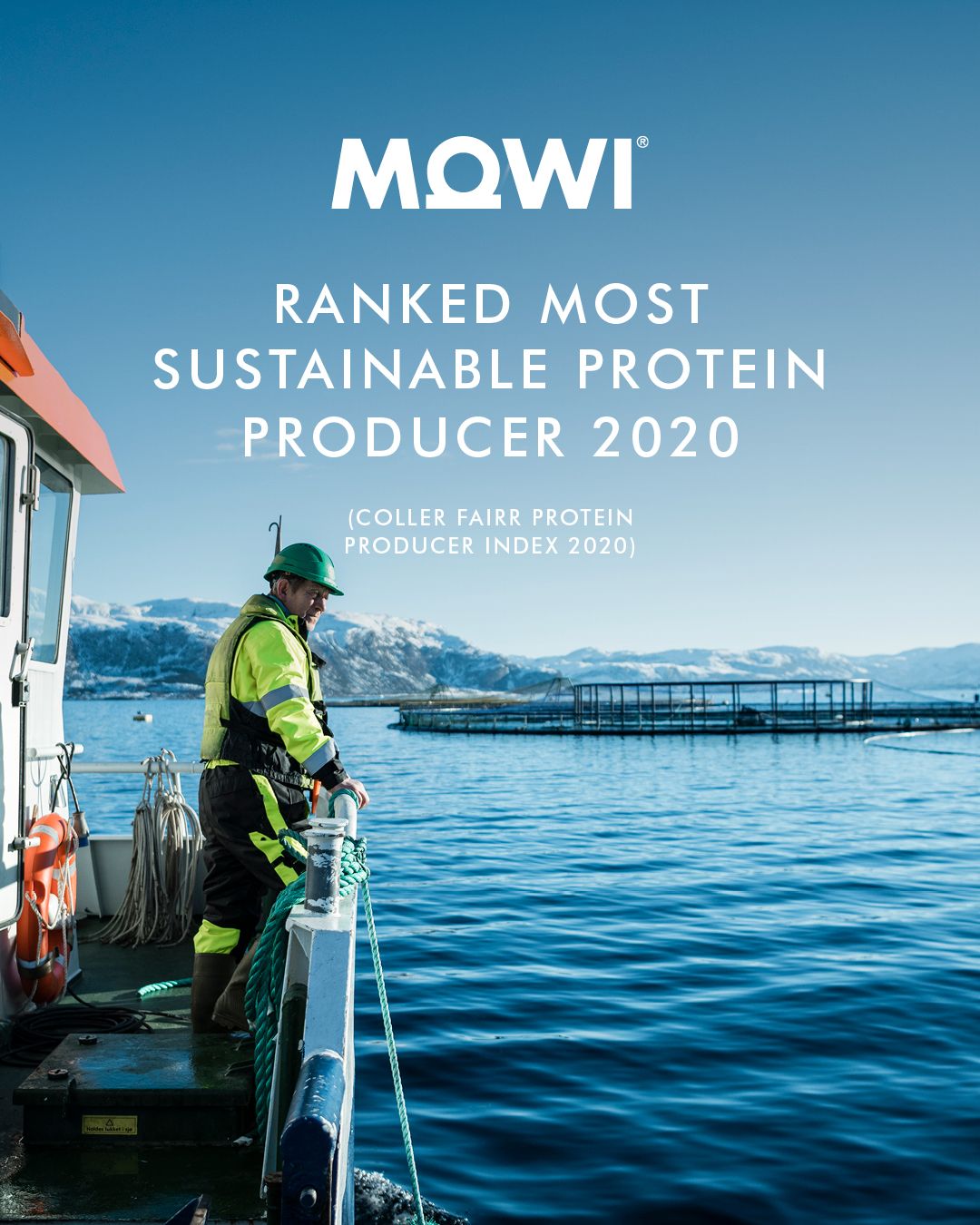
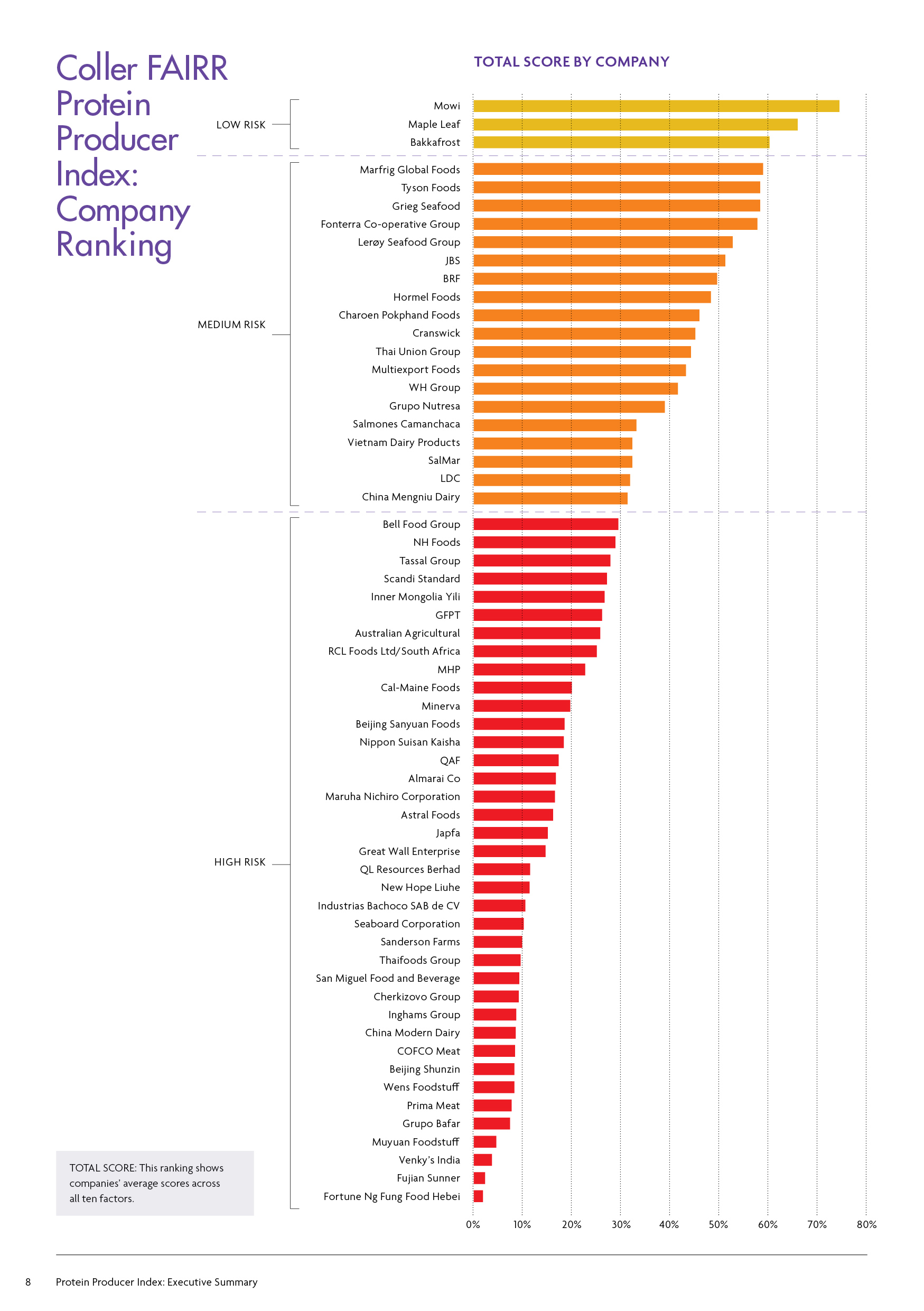
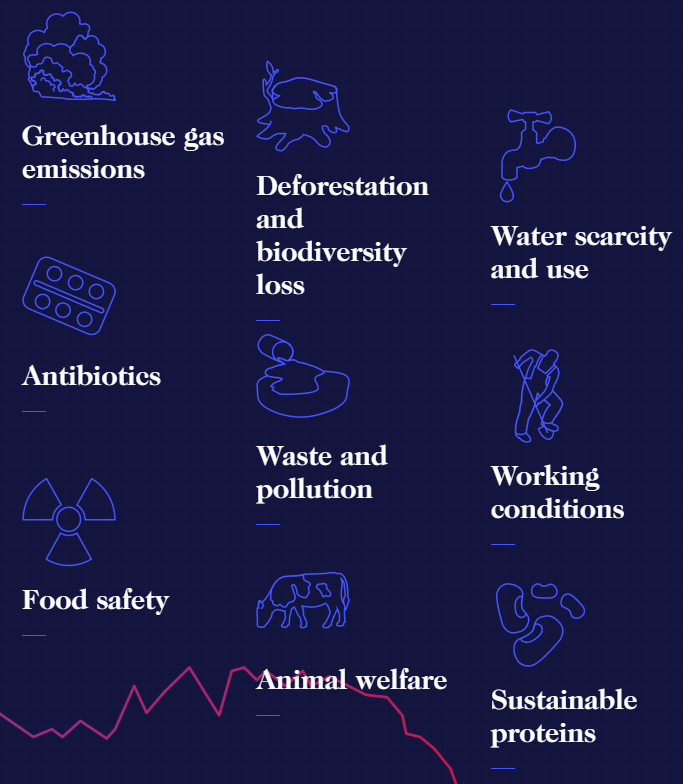

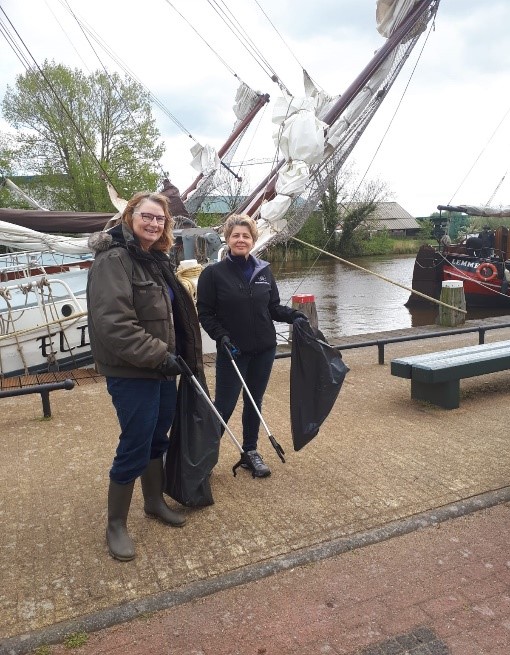
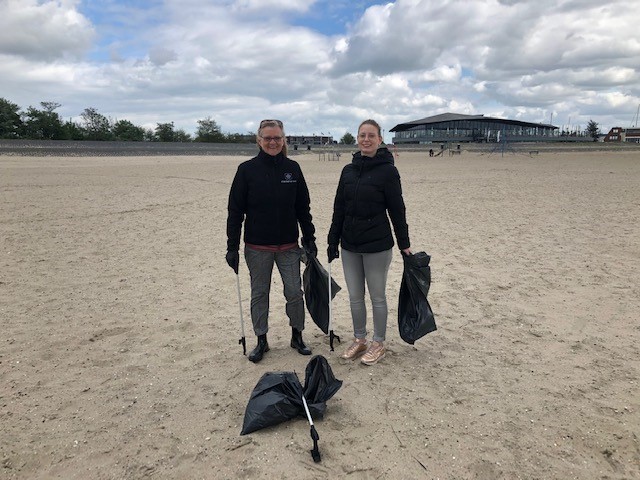
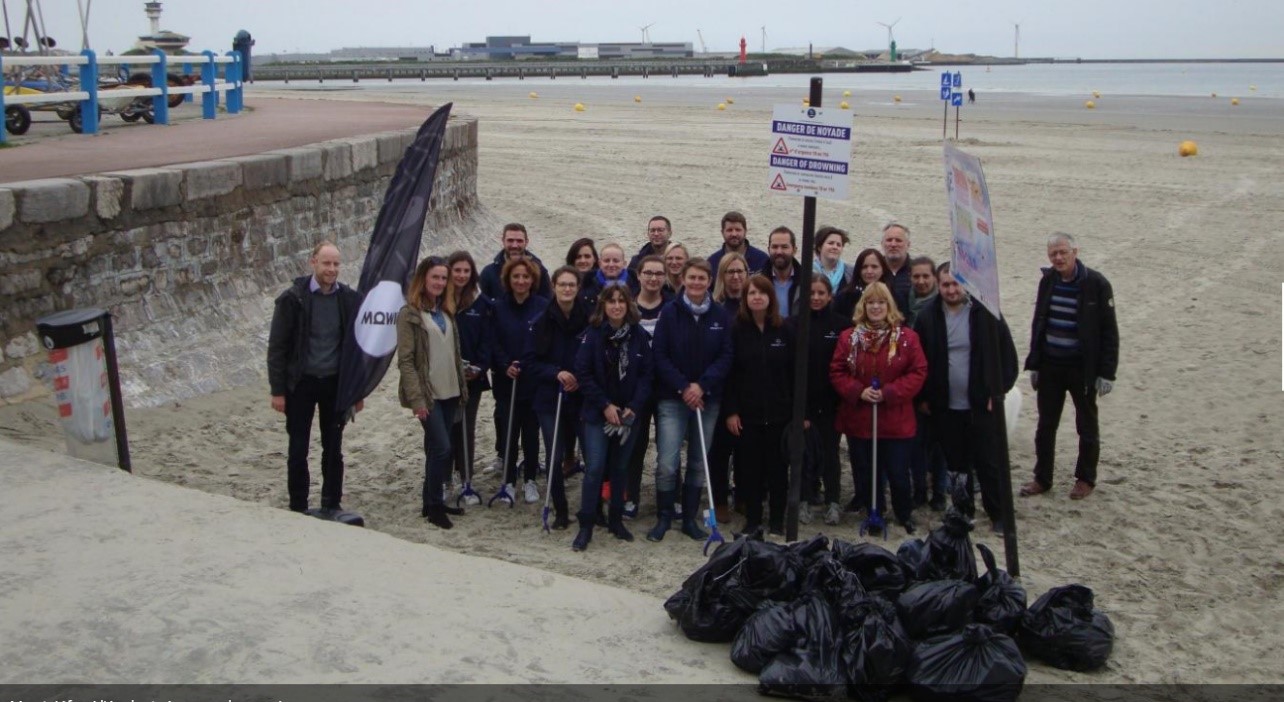
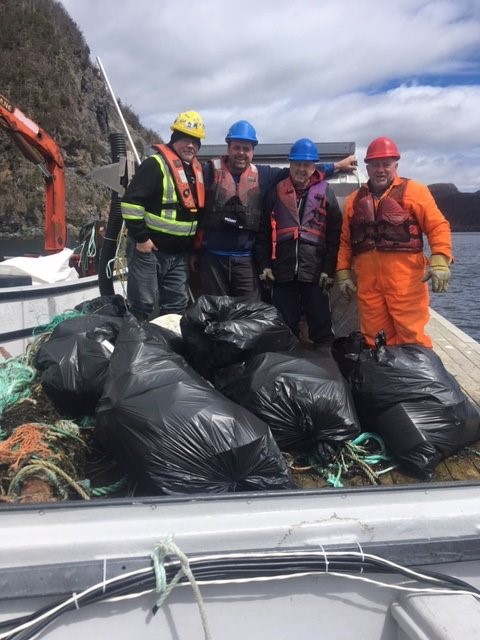
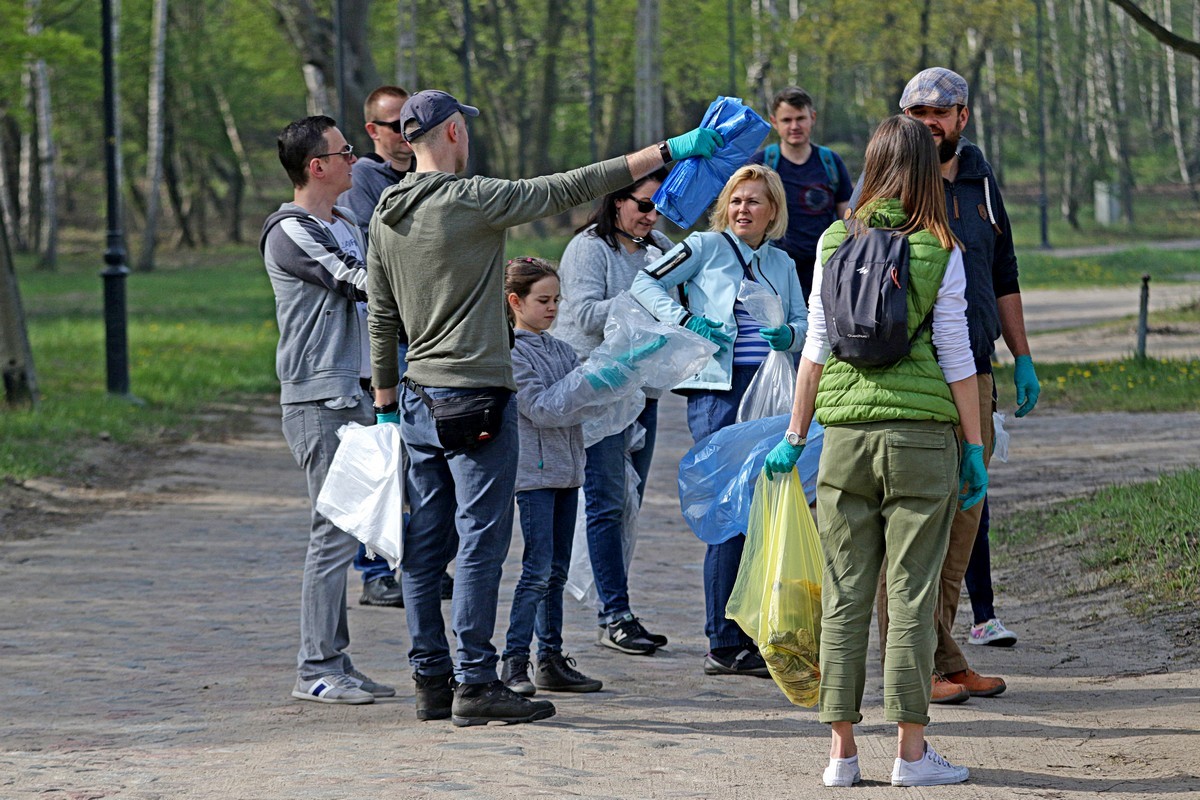
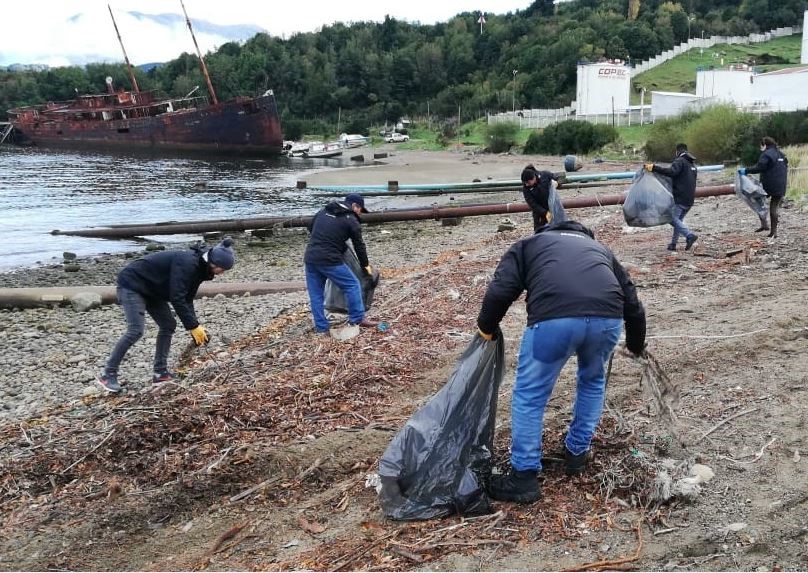
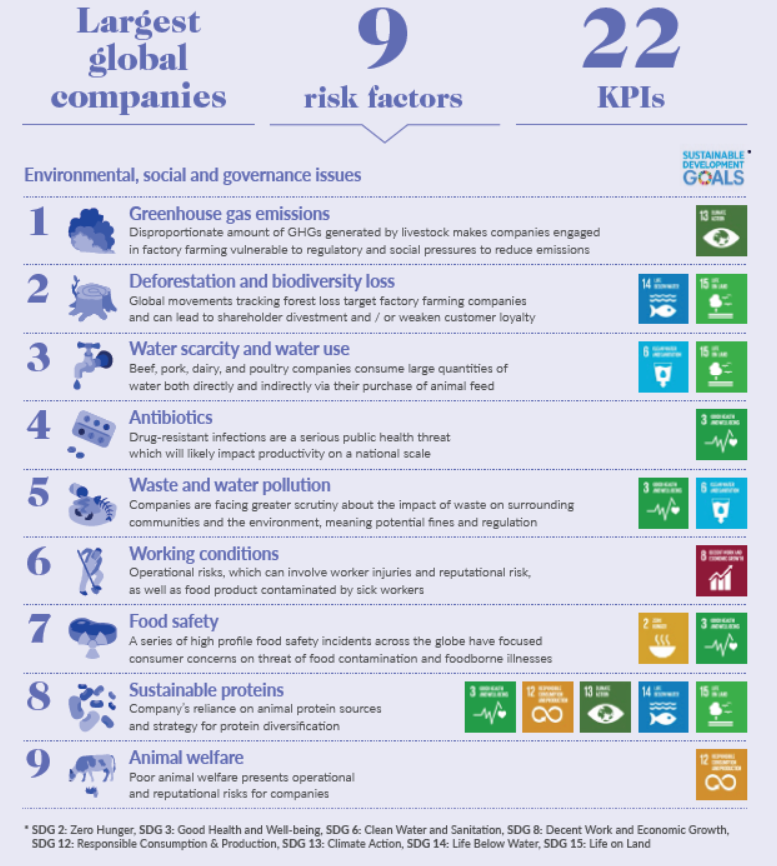
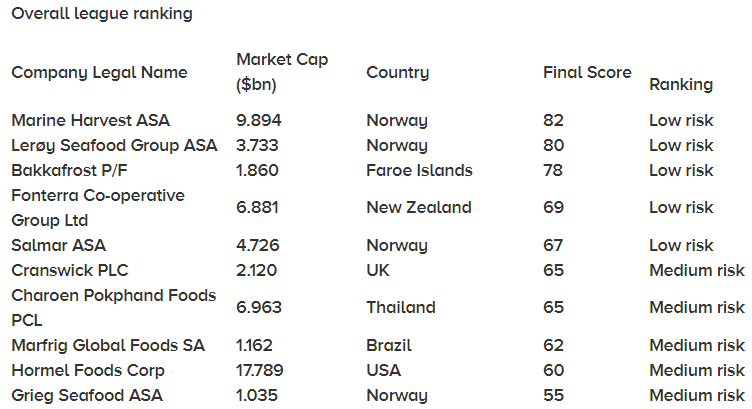 The top-10 of the overall FAIRR Protein Producer Index/De top-10 van de FAIRR Protein Producer Index ranglijst
The top-10 of the overall FAIRR Protein Producer Index/De top-10 van de FAIRR Protein Producer Index ranglijst